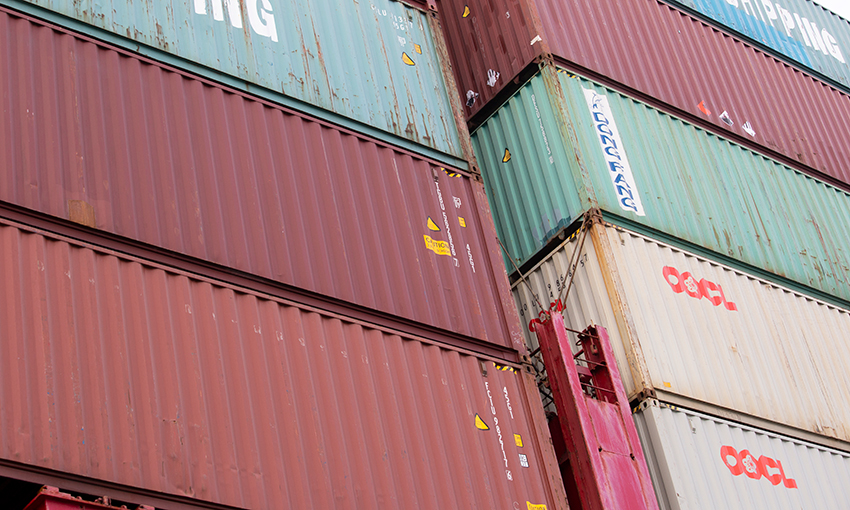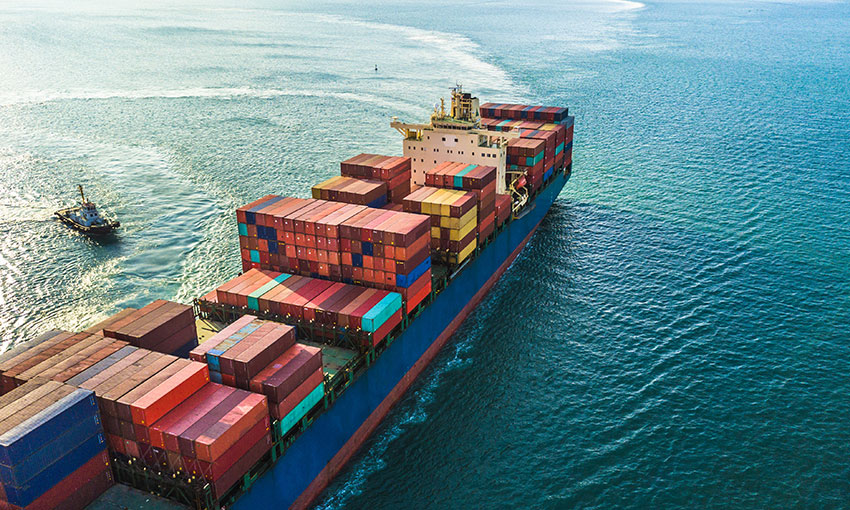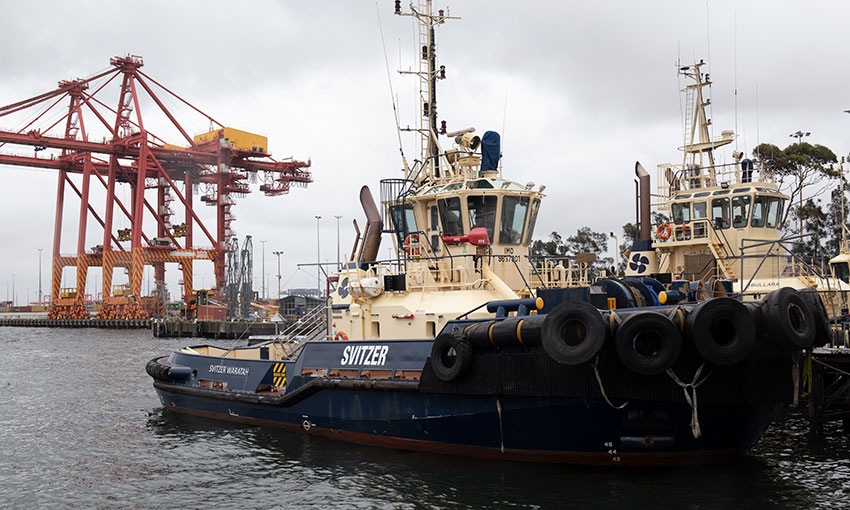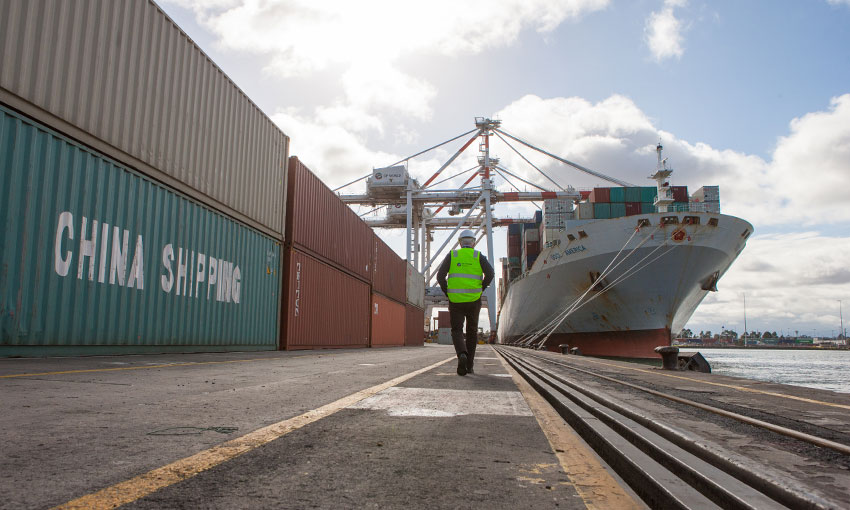PORTS Australia has called on the Productivity Commission to conduct further investigations into supply-chain vulnerabilities after releasing their Vulnerable Supply Chains Study Report.
The report primarily focuses on the sourcing of goods and the impacts of Australia’s relationships with its international trading partners on the vulnerability of certain commodities we as a nation import or export.
Ports Australia said the analysis is undeniably pertinent to the sustainability the country’s reliance on international trading, it’s irrefutable that the vulnerability of any trading commodity is irrelevant if it cannot be efficiently moved in and out of the country via our supply chain.
In its submission to the Productivity Commission in May of 2021, Ports Australia acknowledged the study would analyse risks related to specific commodities, but called for the scope to be widened for a comprehensive examination of vulnerabilities related to the transportation of those commodities along the supply chain. Five key risk areas were recommended to be examined in the submission: shipping lines; shipping routes; service provision; worker status; and critical resource and commodity procurement.
Ports Australia said it does not believe this latest report has provided the necessary thorough examination of these or other risk areas to the Australian supply chain, and as a result, now urges the Productivity Commission and federal government to conduct another study which addresses these concerns.
The report acknowledges that the domestic supply chain has remained resilient in the face of myriad obstacles presented over the past eighteen months, and that it is now time to further investigate the international component of the supply chain.
Ports Australia pointed out that in the report, under the subheading of “Are maritime and ports services vulnerable, essential and critical to the economy?” on page 205 of the report, the authors wrote: Further investigation is required to ascertain whether the existing transport of essential goods is particularly vulnerable to disruption, and whether they are substitutable by other transport modes. This requires a closer assessment of the specific services required — for example, bulk carriers, tankers and container ships are all specialised and require different types of infrastructure.
Ports Australia CEO Mike Gallacher discussed the opportunity now left open to examine the resilience of the Australian supply chain.
“Ports Australia appreciates the work done to produce this latest report, but we cannot be content with our supply chain being ‘generally resilient’ as it states … it’s time to dig a little deeper via wider analysis by the Productivity Commission,” Mr Gallacher said.
“What good is having resilient commodity procurement if that commodity is unable to reach the Australians its meant for or our overseas customers who are paying us for it?
“Ports Australia urges the Productivity Commission to consult industry before designing the scope of another study which investigates risks to the efficiency of Australia’s supply chain and how resilient it stands against them.”
This article has been updated, correcting an instance where Shipping Australia was mentioned where Ports Australia should have been.





